Despite advancements in treatment options for relapsed or refractory multiple myeloma (MM), heavily pretreated patients continue to face significant clinical challenges, according to a new systematic review and meta-analysis presented at the 12th Society of Hematologic Oncology Annual Meeting in Houston Texas.
The study, presented during the poster session by Krina Patel, MD, of the University of Texas MD Anderson Cancer Center, analyzed treatment outcomes of patients in the fourth-line treatment setting or later enrolled in clinical trials.
The investigators noted that while therapies such as chimeric antigen receptor (CAR) T-cell treatments and bispecific antibodies show promise in improving response rates and survival, there is still an unmet treatment need for this group of patients.
“Treatment options for relapsed [or] refractory [MM] have expanded, but clinical burden remains high, particularly for heavily pretreated patients,” Dr. Patel and colleagues wrote in the abstract.
Dr. Patel and colleagues searched the Embase, MEDLINE, and CENTRAL databases from January 2012 to March 2024 and relevant conference publications in relapsed or refractory MM. Eligible studies included clinical trials that assessed the phase 2 dose of National Comprehensive Cancer Network recommended intervention, and whose patient population was in the fourth-line or higher setting. The researchers combined results from different studies to compare the effectiveness and safety of CAR T-cell therapies, bispecific antibodies, and other treatments.
The analysis included 34 clinical trials: 5 focused on CAR T-cell therapies, 3 on bispecific antibodies, and 26 on other treatments. CAR T-cell therapies had the highest overall response rate, with 85.5% of patients showing improvement, compared with 67.6% for bispecific antibodies and 40.5% for other treatments. One year after treatment, patients treated with CAR T-cells had an 84.4% overall survival rate, compared with 70.4% for bispecific antibodies and 59.5% for other treatments. Patients treated with CAR T-cells had a progression-free survival rate of 59.0%, compared with 48.4% for bispecific antibodies and 20.9% for other treatments. However, infections were common, affecting 67.1% of CAR T-cell patients, 69.2% of bispecific antibody patients, and 60.2% of patients on other treatments.
“While efficacy outcomes are improving with more recently approved interventions, there remains an unmet need for durable treatments with an improved safety profile in this population,” the investigators concluded.
Reference
Patel K, Sidana S, Hasegawa K, et al. systematic literature review and meta-analysis of clinical trials of fourth line or higher treatment for relapsed/refractory multiple myeloma patients. Abstract MM-357. Presented at the Twelfth Annual Meeting of the Society of Hematologic Oncology. September 4-7, 2024; Houston, Texas.

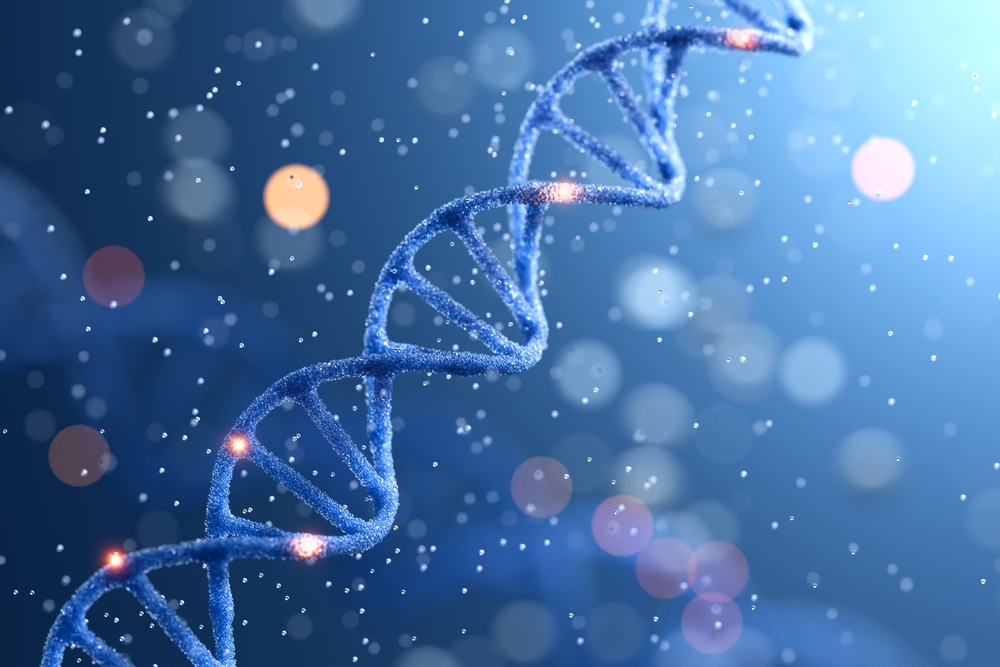
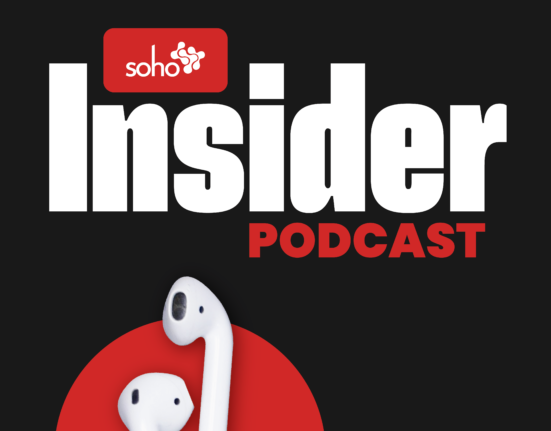
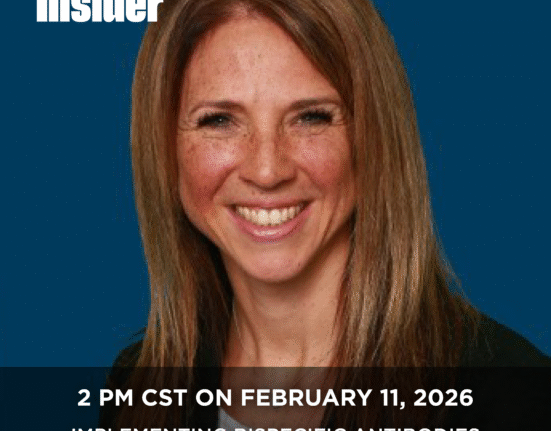
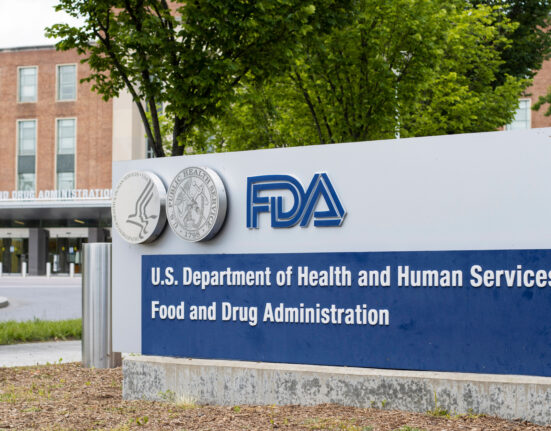
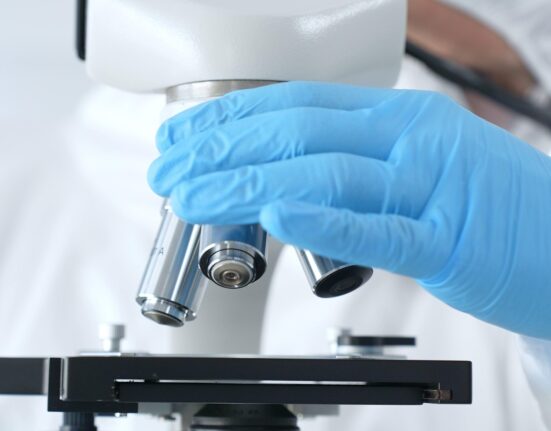
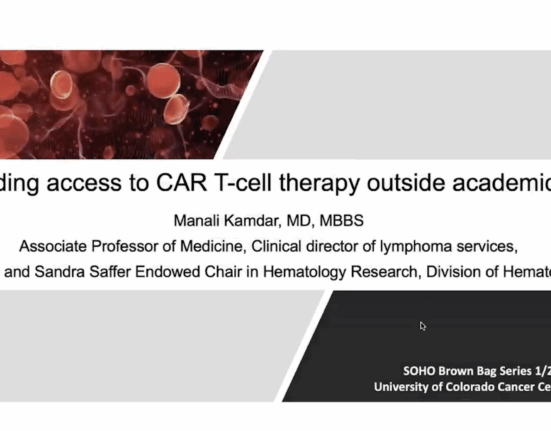
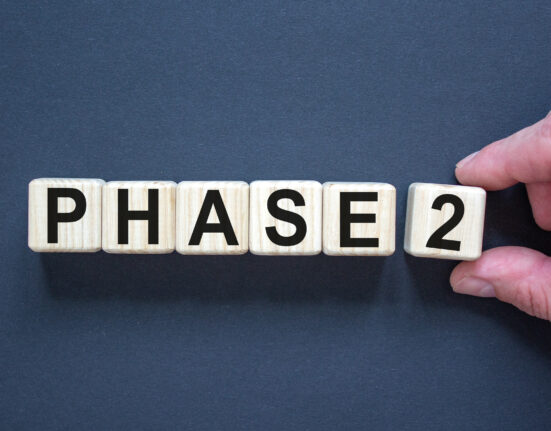
Leave feedback about this